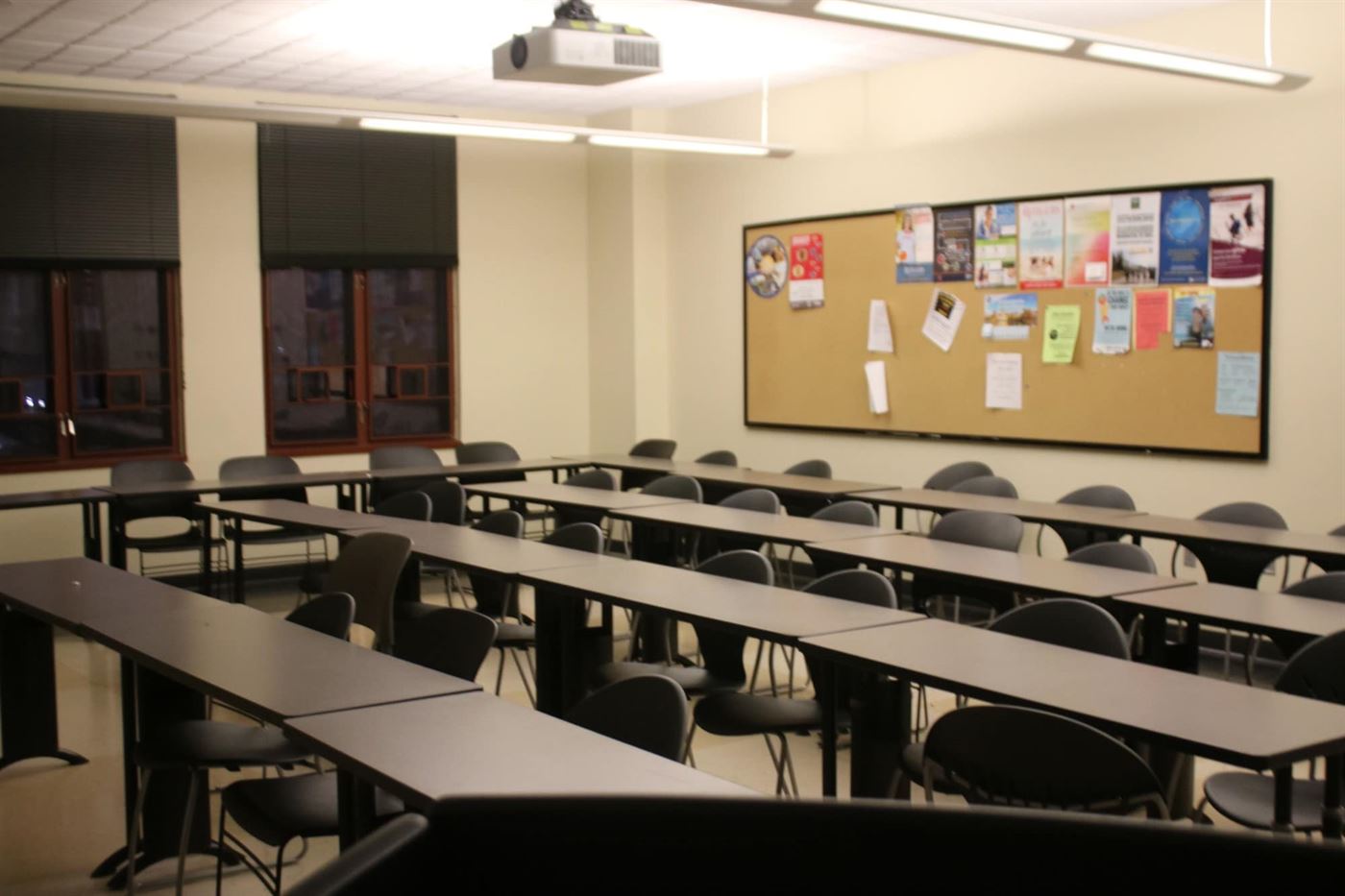Penalizing students for not physically being in class can be unnecessary and unfair. While there are some professors who swear by the necessity of an attendance policy, at the end of the day college students are adults and should be able to make their own decisions about going to a class without it affecting their grade.
While Montclair State University’s website states that the attendance policy does not mandate professors to penalize students for attendance, there are some professors that have a three strikes and you’re out rule. There are others with stricter guidelines who only allow one absence that leaves no margin for error. The problem is that many professors believe attendance is key to a student’s learning and education.
“I take attendance to make sure everyone is learning,” said figure skating professor Katherine Ortolani. “It’s mandatory and important and it’s part of your education to be in class.”
Of course, there are other professors that view it differently, such as physical anthropology professor Ximena Valderrama.
“[Attendance] is required by the university, otherwise I feel that it is up to the students to attend [class] and keep up with the material,” Valderrama said.
College is different than high school. Many students are adults with bills, families and other obligations outside of campus. Sometimes, these obligations can become obstacles for students to be physically present in classes. Commitments outside of school are a part of life. Ultimately, it should be each individual student’s own responsibility to ensure that they are on top of class material, and do not fall behind in their work or class discussions.
Some students have expressed discomfort with the strictness of attendance policies their professors have enforced.
“I hate it,” said senior psychology major Amanda Dolph. “If you are willing to go to class, you’ll go. If you don’t go and don’t get good grades as a result, that’s on you. You’re paying for your classes. [What I don’t like] is that if you miss three classes [for example] you’re failing because that’s what the school says. We shouldn’t get punished for our own decisions. It’s not the school’s business.”
Throughout their college careers, many students will hear the usual litany that attendance is practice for the real world. When students leave and find jobs, they will often be required to be punctual and present for their work days. However, they may forget that in the real world, employees do not pay their employers. Students pay the school to attend, and deserve a level of flexibility with their attendance. However, flexibility is exactly what students aren’t seeing.
“As an adult and someone who is responsible enough to go to class or be in college to begin with, if I miss a class I don’t feel like I necessarily owe that professor an explanation because I am an adult and I have other things going on,” said sophomore political science major Stephen Rumbolo. “On the same coin though, I do believe there should be a certain number of absences that result in a grade drop but I think it should be more flexible because the school is getting my money either way.”
There may be a sense of relief and calm knowing that a few mental health days or a sudden car accident will not impede on a student’s success. At the end of the day, the students will make their own decisions.



